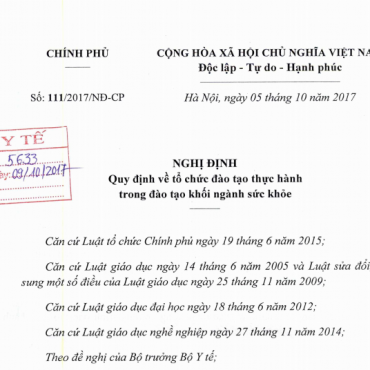|
FEBRUARY 15, 2021
American Family Physician is sharing this Call for Papers to recruit experienced authors for several topics. A full list of topics and additional information is available.
|
|
|
|
This article focuses on screening and counseling for health conditions that are more prevalent in, or have a unique impact on, women, transgender men, and nonbinary individuals of reproductive age. To have the greatest impact on health, physicians should focus on U.S. Preventive Services Task Force grade A and B recommendations with patients.
|
|
|
Bipolar disorders are common mental health conditions of variable severity. New diagnostic criteria and specifiers with attention on mixed features and anxious distress aid the physician in recognizing episode severity and prognosis. Physicians should consider bipolar disorder in any patient presenting with depression. Pharmacotherapy with mood stabilizers is a first-line treatment that should be continued indefinitely because of the risk of patient relapse. Active lifestyle approaches include good nutrition and sleep hygiene. Monotherapy with antidepressants is contraindicated during episodes with mixed features, manic episodes, and in bipolar I disorder.
|
|
|
|
ADVERTISEMENT

|
|
Frailty is a state of increased vulnerability across multiple health domains. It affects 5% to 17% of older adults. Frail older adults are at increased risk of falls, disability, hospitalizations, and death. A comprehensive geriatric assessment can be used to identify risk factors and symptoms that suggest frailty. There are no current recommendations for routine screening. Frailty assessment tools should be used in making the diagnosis of frailty.
Adherence to a treatment plan, such as taking medications, getting vaccinated, and wearing a mask during the COVID-19 pandemic, depends on the patient’s behavior. Motivational interviewing can help treat any medical diagnosis with a behavior component.
CME credit for this article will be available when it is published in print.
|






















